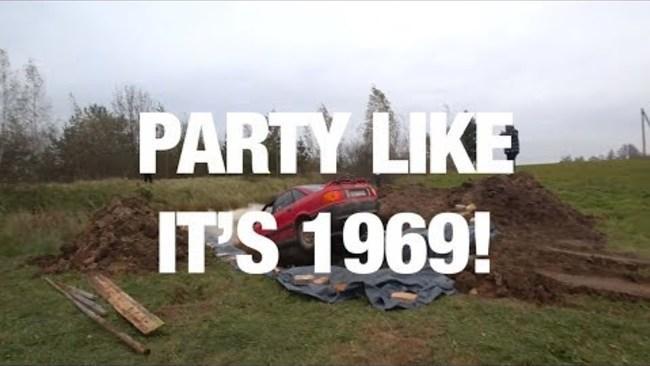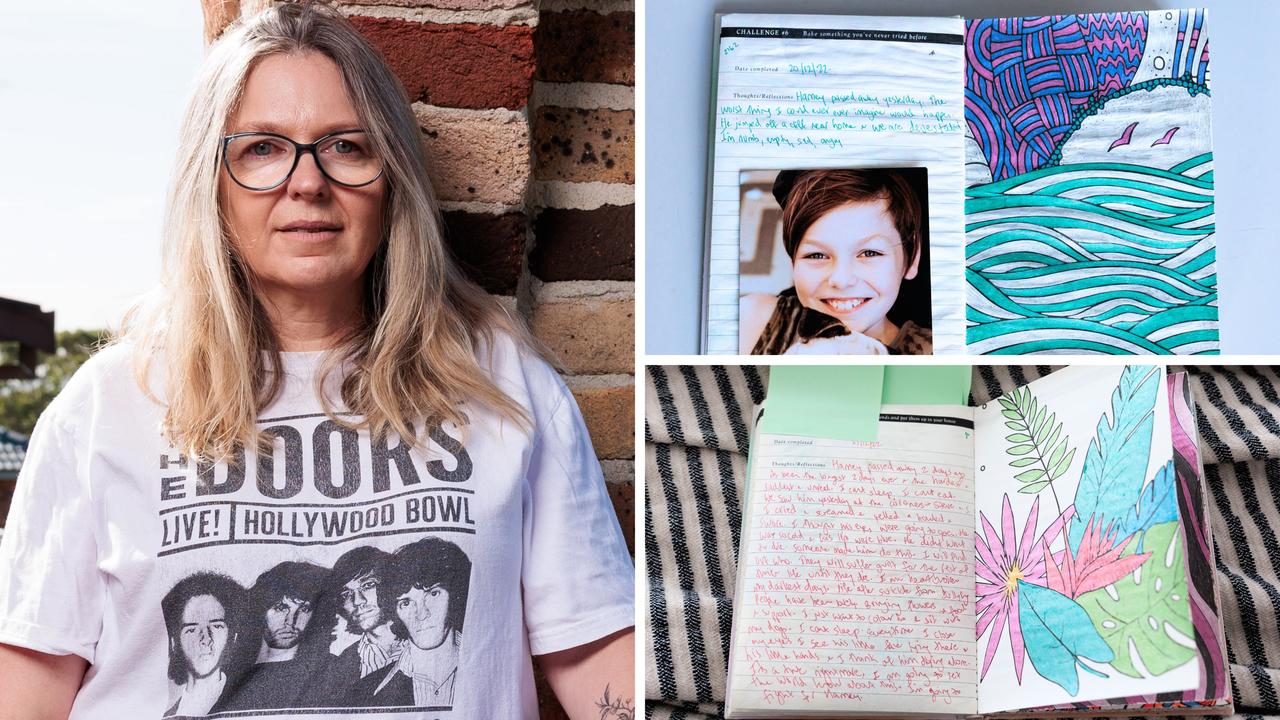Seniors reveal their feelings about their lives and the environment in new survey
SENIORS have revealed the age they found the most enjoyable and the answer might surprise you.

SOME people love getting older but for many, the best time of their lives was when they were aged in their 20s and 30s.
A new survey has revealed that many seniors still look on their early adult years as the most enjoyable period of their lives.
According to a survey of 1000 seniors commissioned by Australian Seniors Insurance Agency, almost half thought their 20s and 30s were the most enjoyable. This was followed by 13.8 per cent who thought their 40s were most enjoyable.
Men were more likely to say they enjoyed their 20s the most, with 32.2 per cent nominating this period, compared to 16.8 per cent overall.
According to the Legacy Research, July 2018 report, travelling and career progression were some of the reasons given.
“I got a job, did lots of travelling to Europe and other parts of the world and bought my first property. It was a time of a lot of firsts in my life,” one 59-year-old woman from Victoria said of why she enjoyed her 20s the most.
A 72-year-old man from Western Australia had similar reasons for why he enjoyed his 30s: “I worked overseas for a period of two years. This helped me to develop as a person and stretch myself beyond where I thought I could be. It helped shape me for the following years of my life.”
But there is still some hope for those older Australians.
Melbourne resident Maisie Dodds, 90, went against the trend and said she has enjoyed life more in her late-40s and 50s.
“I had a good husband but my life changed after he died. We were working hard but after he died, I was able to do different things, go for trips away, I joined the club and did well playing bowls,” she told news.com.au.
“I was able to do more outgoing things and mixed with more people, rather than it just being the two of us.”
The Fern Tree Gully resident said she had experienced unhappy times, like the death of her husband George and another companion Keith, but she just got on with it.
“I’ve had a good life really, I was one of eight, there wasn’t a lot of money around but mum and dad fed us well and clothed us well,” she said.
“I played bowls and our group won the Victorian championship in 1995-96. That was a great thing.”
While Ms Dodds didn’t have any children, Keith’s children help take care of her and have even paid for her to visit them in Indonesia.
“They all call me grandma,” she said. “His family are just so good to me.”

WHAT WILL THEY LEAVE BEHIND?
The survey done by Core Data found most seniors said they felt they achieved their goals in life, with 28 per cent saying they had done this to a “large extent”, and 53.3 per cent to “some extent”. About 18 per cent said “no, not really”.
Almost 30 per cent were confident of leaving the younger generation a financial legacy and 56 per cent said “yes, possibly”. About 14 per cent didn’t expect to leave their family any money.
But 56 per cent said they would rather be remembered by younger generations of their family for their non-financial legacies, like attitudes, believes and values, sentimental belongings, life learnings, etiquette, traditions and turns of phrase.
About 42 per cent said they saw both financial and non-financial legacies as about equal, while only 1.4 per cent would rather be remembered for their financial legacy.
When it comes to the environment, 52 per cent of seniors said they believed in climate change, while 24.6 per cent were sceptical and 23.4 per cent were unsure.
Among those who believe in climate change, 38 per cent said they were initially sceptical but their own research, media reporting and speaking to young members of their family had changed their mind.
Interestingly, 92 per cent hoped to leave behind a positive environmental legacy by leaving the planet a better place for young generations and 90 per cent felt they were taking active steps towards this.
But 65 per cent didn’t think older generations would leave behind a positive environmental legacy and 64 per cent didn't think they were doing enough.
When asked about the steps they were taking, about 58 per cent said they promoted recycling but not much else. The next most popular activity was “being environmentally responsible” but less than 10 per cent said they were doing this.
Only about 6 per cent said they didn’t use plastic bags, even though 70 per cent thought the plastic bag ban would work and 96 per cent thought society had become too disposable.
Seniors think younger generations should repair worn clothes, reuse old containers, jars and household goods more to reduce waste.
While almost 78 per cent of seniors think past generations have done considerable damage to the planet, about 5.4 per cent were not concerned that younger generations would pay the price for this and 55.9 per cent were “somewhat concerned”.
In contrast about 200 young people were also surveyed and 63 per cent said they were “very concerned” about paying the price for environmental damage.
charis.chang@news.com.au | @charischang2




